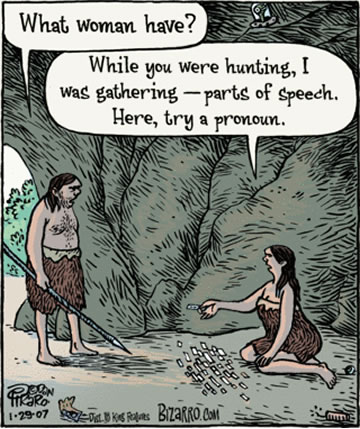Anthropology-Brief introduction:
It is the study of all the social departments of human life and culture. Anthropology studies topics like the social life of humans,the cultures, the thought of humans and it studies why and what we do in our day-to-day life.
Usually Anthropologists get informations and arrive at conclusions by asking questions about various aspects of life.For example, they ask When, where, and how did humans evolve? How do people adapt to different environments? How have societies developed and changed from the ancient past to the present? Answers to these questions can help us understand what it means to be human.
Different Sections of Anthropology
There are many sections that fall under antropology,they are discussed in following sections.
i)Linguistic Anthropology

Anthropology that focuses on how people use language ,in particular cultures is called linguistic anthropology. Those who practice this form of anthropology have a substantial amount of training in linguistics. Linguistic anthropologists often work with people who have unwritten (purely spoken, or oral) languages or with languages that very few people speak. Linguistic anthropological work may involve developing a way to write a formerly unwritten language. Cultures often use these written versions to teach their children the language and thus keep it in use. Some linguistic anthropologists specialize in reconstructing dead languages (languages no longer in use) and their connections to living languages, a study known as historical linguistics.
ii)Cultural Anthropology

There is also cultural anthropology which involves the study of people in present-day societies and their cultures. Cultural anthropologists study such topics as how people make their living, how people interact with each other, what beliefs people hold, and what institutions organize people in a society. Cultural anthropologists often live for months or years with the people they study. This is called fieldwork. Some must learn new, and sometimes unwritten languages, and this may require extra training in linguistics. Cultural anthropologists commonly write book-length accounts of their fieldwork, known as ethnographies.
iii)Archaeology

Archaeology is a division of anthropology that focuses on the study of history/past, rather than living, human societies and culture. Most archaeologists study artifacts and human fossils (preserved bones). They also examine past environments to understand how natural forces, such as climate and available food, shaped the development of human culture. Some archaeologists study cultures that existed before the development of writing, a time known as prehistory. The archaeological study of periods of human evolution up to the first development of agriculture, about 10,000 years ago, is also called paleoanthropology. Other archaeologists study more recent cultures by examining both their material remains and written documents, a practice known as historical archaeology.
iv)Physical Anthropology

The last classification is-physical anthropology, it is also known as biological anthropology, concentrates on the connections between human biology and culture. Some physical anthropologists, like some archaeologists, study human evolution. But physical anthropologists focus on the evolution of human anatomy and physiology, rather than culture. Areas of particular interest include the evolution of the brain, especially the areas of the brain associated with speech and complex thought; of the vocal apparatus necessary for speech; of upright posture; and of hands capable of making and using tools. Physical anthropologists work from the belief that humans are primates. Primatology, the study of the behavior and physiology of nonhuman primates, is a specialized area of interest within physical anthropology.